|
Content Standards: HS.UH.I.UE.2
Gather information and evidence from credible sources representing a variety of perspectives relevant to compelling and/or supporting questions in U.S. history. Learning Target: I can explain the major events of the Jefferson and Madison administrations, and I can analyze the impact that each had on the size and scope of the national government. Critical Vocabulary: First Party System, Loose vs. Strict Construction, Elastic Clause, Alexander Hamilton, Thomas Jefferson, Marbury v. Madison, Louisiana Purchase, War of 1812, Missouri Compromise, Monroe Doctrine, American System, Henry Clay, Election of 1824, Second Party System, Democrats, Whigs, Andrew Jackson, Indian Removal Act, Nullification Crisis, John C. Calhoun, Bank War, Erie Canal, Cotton Gin, Telegraph, Factory System, Lowell Mills, Nativism, Know-Nothing Party, Abolition Movement, Frederick Douglass, Seneca Falls Convention, Declaration of Sentiments, Elizabeth Cady Stanton Today's Agenda:
0 Comments
Content Standards: HS.UH.I.UE.2
Gather information and evidence from credible sources representing a variety of perspectives relevant to compelling and/or supporting questions in U.S. history. Learning Target: I can compare and contrast Jefferson and Hamilton's points of view on government power, and I can discuss the impact of each. Critical Vocabulary: First Party System, Loose vs. Strict Construction, Elastic Clause, Alexander Hamilton, Thomas Jefferson, Marbury v. Madison, Louisiana Purchase, War of 1812, Missouri Compromise, Monroe Doctrine, American System, Henry Clay, Election of 1824, Second Party System, Democrats, Whigs, Andrew Jackson, Indian Removal Act, Nullification Crisis, John C. Calhoun, Bank War, Erie Canal, Cotton Gin, Telegraph, Factory System, Lowell Mills, Nativism, Know-Nothing Party, Abolition Movement, Frederick Douglass, Seneca Falls Convention, Declaration of Sentiments, Elizabeth Cady Stanton Today's Agenda:
Content Standards: HS.UH.I.UE.2
Gather information and evidence from credible sources representing a variety of perspectives relevant to compelling and/or supporting questions in U.S. history. Learning Target: I can compare and contrast Jefferson and Hamilton's points of view on government power, and I can discuss the impact of each. Critical Vocabulary: First Party System, Loose vs. Strict Construction, Elastic Clause, Alexander Hamilton, Thomas Jefferson, Marbury v. Madison, Louisiana Purchase, War of 1812, Missouri Compromise, Monroe Doctrine, American System, Henry Clay, Election of 1824, Second Party System, Democrats, Whigs, Andrew Jackson, Indian Removal Act, Nullification Crisis, John C. Calhoun, Bank War, Erie Canal, Cotton Gin, Telegraph, Factory System, Lowell Mills, Nativism, Know-Nothing Party, Abolition Movement, Frederick Douglass, Seneca Falls Convention, Declaration of Sentiments, Elizabeth Cady Stanton Today's Agenda:
Content Standards: HS.UH.I.UE.2
Gather information and evidence from credible sources representing a variety of perspectives relevant to compelling and/or supporting questions in U.S. history. Learning Target: I can compare and contrast Jefferson and Hamilton's points of view on government power, and I can discuss the impact of each. Critical Vocabulary: First Party System, Loose vs. Strict Construction, Elastic Clause, Alexander Hamilton, Thomas Jefferson, Marbury v. Madison, Louisiana Purchase, War of 1812, Missouri Compromise, Monroe Doctrine, American System, Henry Clay, Election of 1824, Second Party System, Democrats, Whigs, Andrew Jackson, Indian Removal Act, Nullification Crisis, John C. Calhoun, Bank War, Erie Canal, Cotton Gin, Telegraph, Factory System, Lowell Mills, Nativism, Know-Nothing Party, Abolition Movement, Frederick Douglass, Seneca Falls Convention, Declaration of Sentiments, Elizabeth Cady Stanton Today's Agenda:
Content Standards: HS.UH.I.Q.1
Generate compelling questions to frame thinking, inquiry and/or understanding of key concepts in U.S. history. Learning Target: I can determine what important questions our country must answer in the years following the American Revolution, and I can identify key sources of information on the topic. Critical Vocabulary: First Party System, Loose vs. Strict Construction, Elastic Clause, Alexander Hamilton, Thomas Jefferson, Marbury v. Madison, Louisiana Purchase, War of 1812, Missouri Compromise, Monroe Doctrine, American System, Henry Clay, Election of 1824, Second Party System, Democrats, Whigs, Andrew Jackson, Indian Removal Act, Nullification Crisis, John C. Calhoun, Bank War, Erie Canal, Cotton Gin, Telegraph, Factory System, Lowell Mills, Nativism, Know-Nothing Party, Abolition Movement, Frederick Douglass, Seneca Falls Convention, Declaration of Sentiments, Elizabeth Cady Stanton Today's Agenda:
Content Standards: HS.C.CP.1
Explain how the U.S. Constitution embodies the principles of rule of law, popular sovereignty, republicanism, federalism, separation of powers and checks and balances to promote general welfare. Learning Target: I can identify the major principles of the U.S. Constitution, and I can explain how each is embodied in the document. Critical Vocabulary: Declaration of Independence, Articles of Confederation, Shays’ Rebellion, Constitutional Convention, Federalism, Virginia Plan, New Jersey Plan, Great Compromise, Three-Fifths Compromise, Federalists, Anti-Federalists Today's Agenda:
Content Standards: HS.C.CP.1
Explain how the U.S. Constitution embodies the principles of rule of law, popular sovereignty, republicanism, federalism, separation of powers and checks and balances to promote general welfare. Learning Target: I can identify the major principles of the U.S. Constitution, and I can explain how each is embodied in the document. Critical Vocabulary: Declaration of Independence, Articles of Confederation, Shays’ Rebellion, Constitutional Convention, Federalism, Virginia Plan, New Jersey Plan, Great Compromise, Three-Fifths Compromise, Federalists, Anti-Federalists Today's Agenda:
Content Standards: HS.C.CP.1
Explain how the U.S. Constitution embodies the principles of rule of law, popular sovereignty, republicanism, federalism, separation of powers and checks and balances to promote general welfare. Learning Target: I can identify the major principles of the U.S. Constitution, and I can explain how each is embodied in the document. Critical Vocabulary: Declaration of Independence, Articles of Confederation, Shays’ Rebellion, Constitutional Convention, Federalism, Virginia Plan, New Jersey Plan, Great Compromise, Three-Fifths Compromise, Federalists, Anti-Federalists Today's Agenda:
Content Standards: HS.C.CP.1
Explain how the U.S. Constitution embodies the principles of rule of law, popular sovereignty, republicanism, federalism, separation of powers and checks and balances to promote general welfare. Learning Target: I can identify the major principles of the U.S. Constitution, and I can explain how each is embodied in the document. Critical Vocabulary: Declaration of Independence, Articles of Confederation, Shays’ Rebellion, Constitutional Convention, Federalism, Virginia Plan, New Jersey Plan, Great Compromise, Three-Fifths Compromise, Federalists, Anti-Federalists Today's Agenda:
Content Standards:
Learning Target: I can summarize the issues debated at the Constitutional Convention, and I can analyze their impact on the new nation. Critical Vocabulary: King George III, Albany Plan of Union, Treaty of Paris, Proclamation of 1763, Writs of Assistance, Sugar Act, Stamp Act, Quartering Act, Stamp Act Congress, Sons of Liberty, Declaratory Act, Townshend Acts, Circular Letter, Boston Massacre, Captain Thomas Preston, Crispus Attucks, Gaspee, British East India Tea Company, Tea Act, Boston Tea Party, Coercive Acts, Quebec Act, Intolerable Acts, First Continental Congress, Second Continental Congress, Lexington and Concord, Continental Army, George Washington, Olive Branch Petition, Hessian, Thomas Paine, Common Sense, Thomas Jefferson Today's Agenda:
|
A life is not important except in the impact it has on other lives.
-Jackie Robinson AnnouncementsMarch 6: Bullitt Day
March 30-April 3: Spring Break ResourcesArchives
March 2020
|
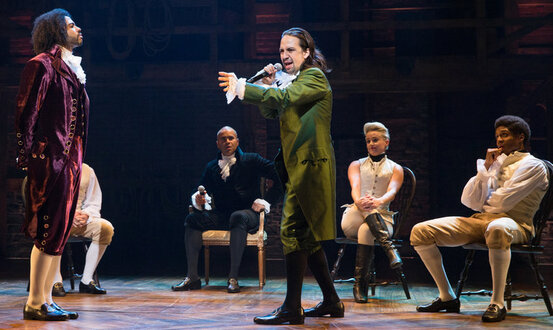
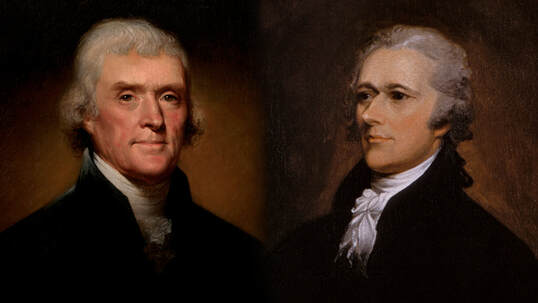
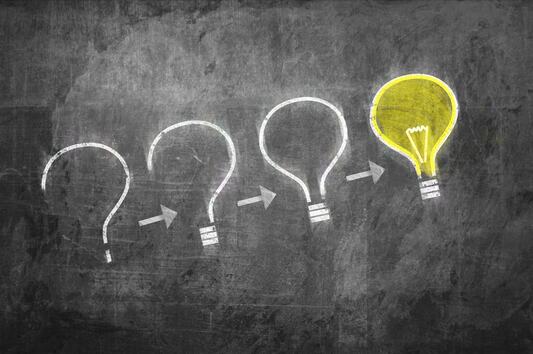
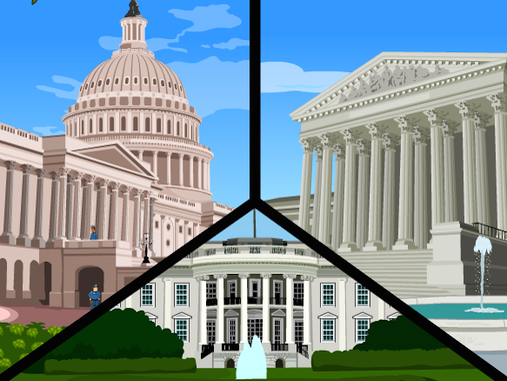
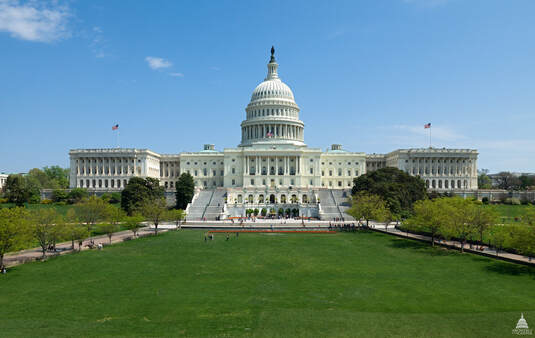
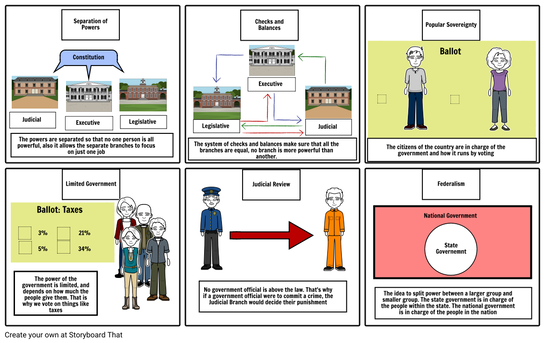
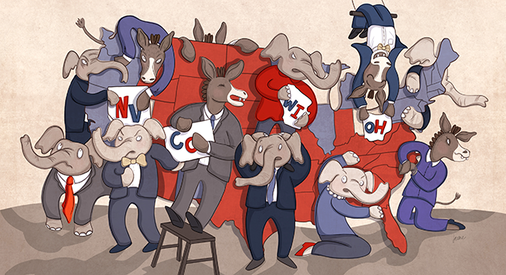
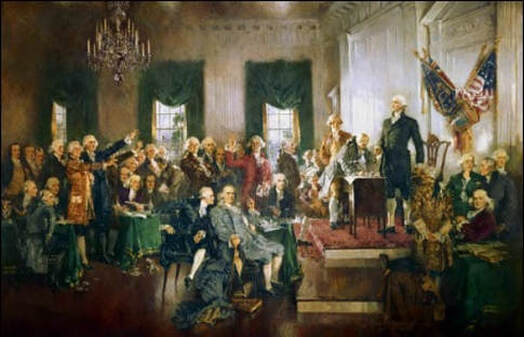
 RSS Feed
RSS Feed
